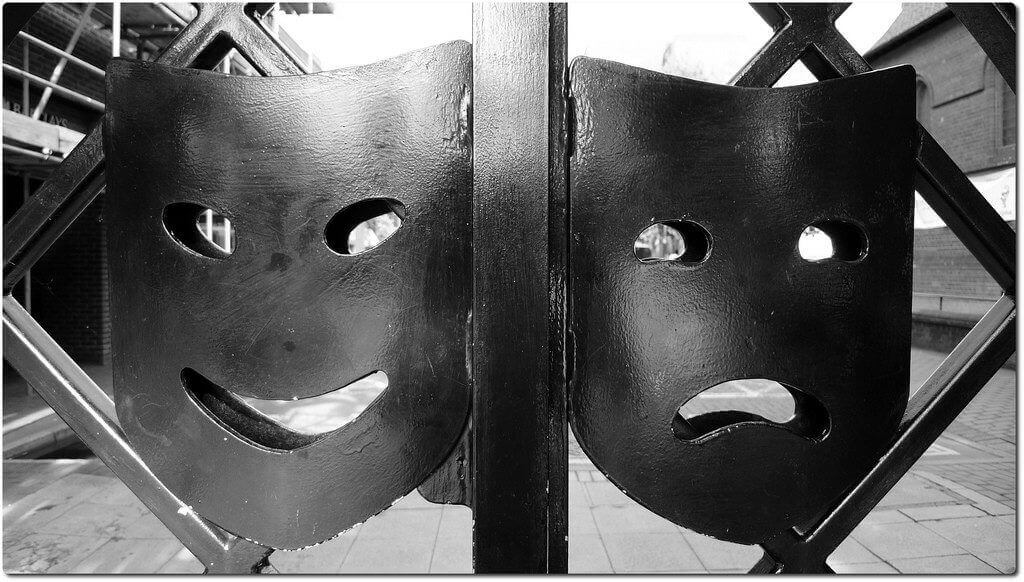
In recent years, the hotel sector has internalised and accepted a number of statements about OTAs that are imprecise at best, if not completely false. These “urban myths” prevent us from seeing reality as it is and in many cases cause us to make the wrong decisions.
They can be heard in debates, industry forums and interviews. All of them have some justification to them but also a much bigger false part, like all half truths.
1. Sales from OTAs are more efficient than direct sales
This is the original concept behind the value of OTAs and is an elegant way of saying “selling online is complicated, it requires know-how, time and a lot of money, so if you do it for yourself it will be expensive. Let us take care of it in exchange for a commission, which will be cheaper than if you do it on your own.”
- This is true when we talk about new guests who do not know your hotel. Attracting new clients to your hotel (to then gain their loyalty) is the most difficult and expensive part for a hotel or chain, and the direct channel suffers a lot in these cases as it is necessary to invest in generic marketing or other actions in order to reach the target audience. Channeling this new client through your website can be much more expensive than doing it through an OTA. We’re not saying that it’s impossible, but it isn’t easy and it usually isn’t very profitable.
- However, it is false when it comes to existing customers or those who find you on a metasearch engine, Google or any billboard other than the OTA’s own channel. Channeling guests who are
already looking for you by your name or brand (repeat customers, recommended by a friend, found on Tripadvisor, etc.) is much more expensive (and therefore less efficient) via an OTA than channeling them directly.
It would be fair to pay the OTA a very high commission for new sales and a very low commission for existing sales, but this exercise in transparency does not interest them, and they prefer to mix it up and pretend to be a much more important channel than they really are.
Let’s specify three related arguments where OTAs must be defended:
- Direct selling is neither easy nor cheap.
- Hoteliers often forget the many “hidden” costs that direct sales entail, making them believe that their cost is lower than it really is.
- For certain establishments, especially modest ones, the effort required for direct sales does not balance out, so it should not be their priority.
But despite these three arguments, in the vast majority of cases direct sales are undoubtedly much more efficient than the sale by OTAs.
2. Booking.com is my best customer
Booking.com selling a lot and being “your main channel” is very different from “Booking.com being your best customer”. In fact, they have little to do with one another.
Only part of the sales channeled through Booking.com counts as “new sales” for your hotel, a “new sale” referring to any customer who did not know your hotel and finds it thanks to Booking.com. A good part of your sales comes from other non-direct means, that is, ads in Google Ads (for your brand) or bids in metasearch engines (also for your brand) plus affiliate sales. How can be Booking.com your client for all these sales generated elsewhere?




